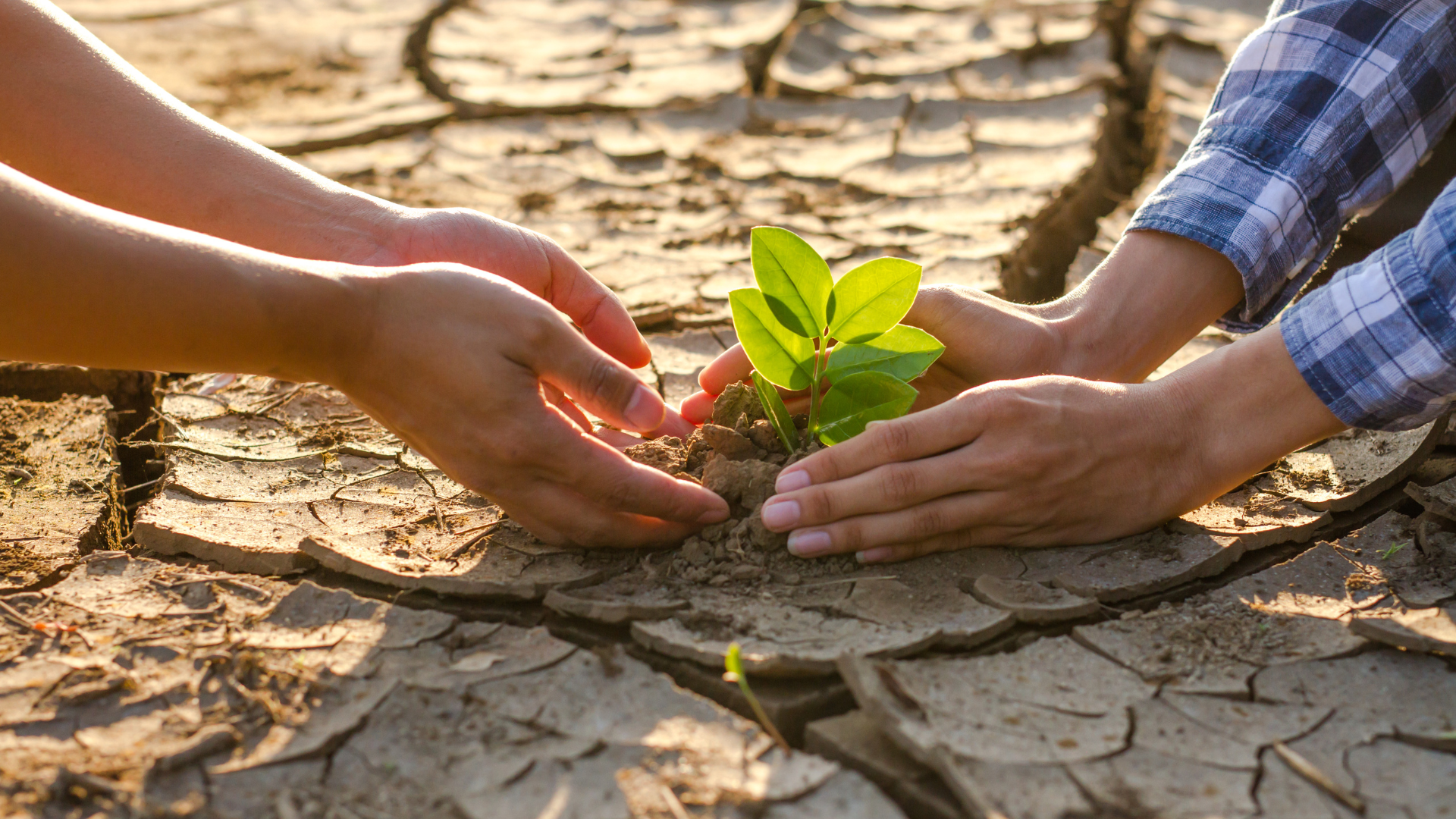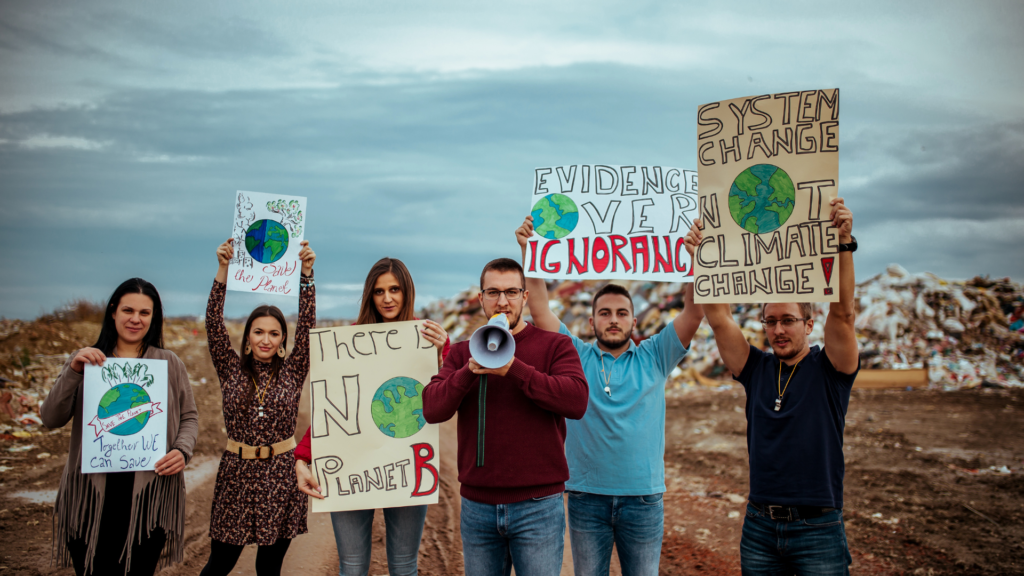Being supportive of your child’s fears about climate change is an important step in helping them process, understand, and cope with their emotions. When a parent supports a child’s feelings, it helps them work through their fears and gives them a chance to grow. It’s also important to remember that children can’t always express their feelings. A child who denies or minimizes the existence of a problem may feel overwhelmed and alone and may be unable to express their anxiety.
What Is Climate Change Anxiety?
Climate change anxiety is an emerging psychological condition. This is defined as “a pervasive dread of/fear of climate change that persists despite scientific evidence to the contrary.” The main symptoms are feelings of helplessness, hopelessness, and loss of control. Climate change anxiety can affect anyone, but people who already have these traits are especially prone to developing such anxiety.
Here’s How to Help Your Child Deal with Climate Change Anxiety:
Avoid Accommodation
Parents can help their children understand and cope with climate change anxiety. What should parents do? First, they should avoid accommodation. It means you shouldn’t act in ways that help your child cope. This can seem obvious, but accommodation is all too tempting for parents. For example, parents may believe their children have a right to drive the car and that their car is right, so it’s easier for parents to comply. But children don’t have the right to drive a car. So, parents should say no, even if children “demand” that because they want to drive or because “everyone else” drives.
Encourage Bravery, Validate Fears
Some parents worry that their children will become overly sensitive to climate change. This can lead to anxiety, depression, or anger. But kids need to learn to stay in touch with their feelings and know what they’re going through. Parents can validate their children’s fears. Their actions can help kids understand climate change and its repercussions such as droughts,
rolling blackouts, and heatwaves. They can try to talk about why climate change matters, even if they don’t have all the answers. If a child is worried about a severe weather event, parents and caregivers can help kids prepare for it and remind them that hurricanes, fires, and other disasters can happen anywhere, including in their neighborhood. Finally, if a child has questions about how climate change may affect them, parents can listen, acknowledge their fears, and share ideas for how they might prepare for climate change.
Plan Ahead
Parents can help alleviate anxiety by planning ahead. While there’s no certain cure for what some children will experience, there are ways to help your child feel prepared and help them cope with emotions. For instance, make sure your child knows that a team of scientists, doctors, and engineers are working to make the world a safer place. This might sound simple, but children don’t always remember to bring water bottles, so it’s important to have a selection of reusable bottles and some water inside so your child can stay hydrated. Go to parks where there’s lots of shade to help keep your child cool. Get your child involved in gardening or growing vegetables to be more aware of where their food comes from. Having supportive friends and family can also help your child feel more relaxed.
Take Action
Parents need to set a good example. When you talk about the issues, your climate anxiety should lessen. It’s your role as a parent to care about the future of our planet.
Model Resilience
Parents often play a key role in helping their children cope with anxiety or fear. When discussing climate change, model resilience by talking about things that you have done or things you can do differently. Use the conversation as an opportunity to ask questions, explore doubts, and make plans for change.
Keep The Conversation Open
There is a great deal of uncertainty surrounding climate change. However, there are steps that parents can take to help their children cope with the anxiety that often accompanies climate change. For example, parents can remind their children that even if climate change causes a lot of harm, there is still a lot to be hopeful for. In addition, parents can remind their children that there is still a lot to be hopeful for. And, children can be reassured that their parents are working to make the world better, even if they can’t undo the effects of climate change.
Children often fear the unknown making them more susceptible to anxiety. Climate change anxiety can lead to depression and lower self-esteem. Parents can help their children overcome climate change anxiety by discussing it openly and modeling acceptance, even when it is difficult. Encourage your child to continue to be curious, consistent, and proud of their resilience. Offer these tools and strategies to help your child become more resilient in the face of climate change.



